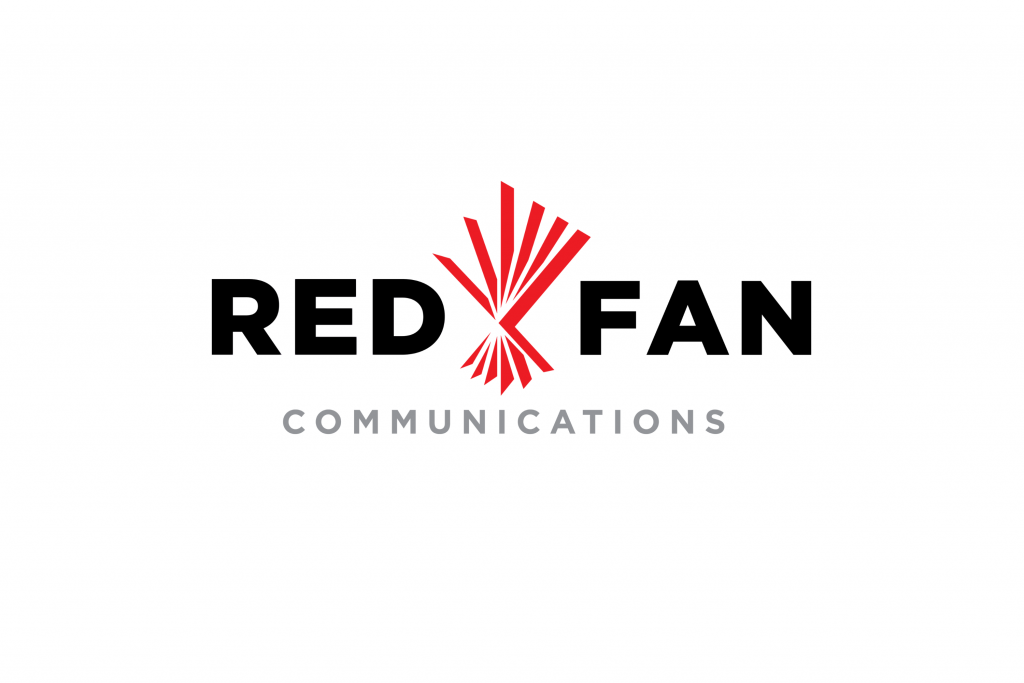IN TODAY’S DIGITAL WORLD, CYBERSECURITY IS NO LONGER OPTIONAL.
As society’s reliance on technology has increased, so has the door for malicious third parties to take advantage of its users. Whether we’re discussing more innocuous data collected from activities like browsing the web, or more sensitive data related to our identity and finances, it’s clear that data runs the world.
Understanding cybersecurity’s role and the cyber threats facing individuals, businesses and governments will give you a better understanding of why it’s crucial to emphasize cybersecurity in your own company. Perhaps the best place to begin is with some modern examples of cyberattacks, which are only becoming more prominent.
THE RISE OF THE HACKER AND THE DAMAGE THEY CAN DO.
If you’ve kept a close eye on the news, chances are you’ve come across the August data breach affecting T-Mobile.
According to CNN Business, the hack affected as many as 850,000 prepaid customers, 7.8 million postpaid customers and 40 million past and potential customers who applied for a line of credit with the company. While payment information was not leaked, the breach still generated significant consequences. Hackers managed to access sensitive information such as driver’s license numbers, Social Security numbers, names and dates of birth. Currently, this information is up for sale on the dark web.
However, this is by no means a new threat. Just a few notable cyberattacks we’ve seen in recent years include:
The Equifax hack: Equifax, one of the top credit reporting agencies, found themselves the victim of a hack back in 2017. Unlike the T-Mobile hack, the data breach affected 143 million consumers in the U.S., including 209,000 credit card numbers that the hackers obtained among other sensitive data like names and birth dates, Social Security numbers, addresses and driver’s license numbers.
The Colonial Pipeline ransom: Cyber threats don’t just come in the form of direct data breaches. Some companies are affected by ransomware, a type of malware that encrypts your files. In order to decrypt them, you have to pay a ransom to the hackers, who are the only ones with the power to remove the encryption. Take, for example, the ransomware that affected the Colonial Pipeline. Hackers managed to infect a system providing approximately 43 percent of fuel to the East Coast, and were successfully able to receive payment of $4.4 million.
The SolarWinds hack: Cyber threats don’t necessarily focus on infecting just one machine. Often, cyberattacks spread across multiple machines, such as the events that played out during the SolarWinds hack. Hackers targeted the information technology firm and spread the virus to their clients, collecting sensitive data from companies like Microsoft and even government organizations like the Pentagon.
Given the widespread use of technology for government bodies and companies hosting sensitive user data, cybersecurity threats are even more pertinent today. However, it’s crucial to understand why these organizations are being targeted.
WHY IS DATA SO IMPORTANT?
In decades past, the most precious commodity was oil. However, today’s technological landscape offers a new contender: data. Data is the “new oil” driving today’s understanding of the world and its consumers. It also determines how we use the knowledge we acquire to progress as a society moving forward. It’s growing exponentially. The more data we have, the better we can understand what it implies.
Of course, as it is with any commodity, there are also parties more interested in the potential of data to make them richer than in the inherent value of the data itself. Ask yourself this: What do data and a flame thrower have in common? Both can be incredibly destructive in the wrong hands.
Whereas companies want data to understand their audience better and drive profits, those who conduct cyberattacks and continue to be the source of cyberthreats prefer to illegally access this data and sell it to the highest bidder. Unfortunately, those industries most commonly targeted are the ones that are most impacted by cyber threats.
Healthcare, banking, energy, government and higher education are top targets for today’s hackers. While big businesses may be able to quickly recover, small businesses don’t get away so easily. Small and mid-sized businesses may not be able to pay hacker ransoms or quickly recover from data breaches and other damages caused by malware.
Put simply, your data is worth money, whether sold off to another company or used for personal gain. This may come in the form of cybersecurity threats that attack your system and download the data correctly, or ransomware in which you must pay the hacker to decrypt your data. Either way, protecting your data is crucial as hacking becomes more pervasive. .
NOW IS THE TIME TO BRING CYBERSECURITY TO THE FOREFRONT OF YOUR BUSINESS
No industry or country is safe from cyber threats and attacks. From oil to healthcare, or even government bodies themselves, those seeking to access and profit from stealing data will do any amount of damage to get what they want from your organization.
In the wake of such data breaches, which continue to be a major problem for U.S. companies, there lies an important lesson: take the necessary precautions.
There’s no guarantee you won’t be the target of a cyber threat. However, you can prepare for the future and be proactive to protect your company, customers and employees.






